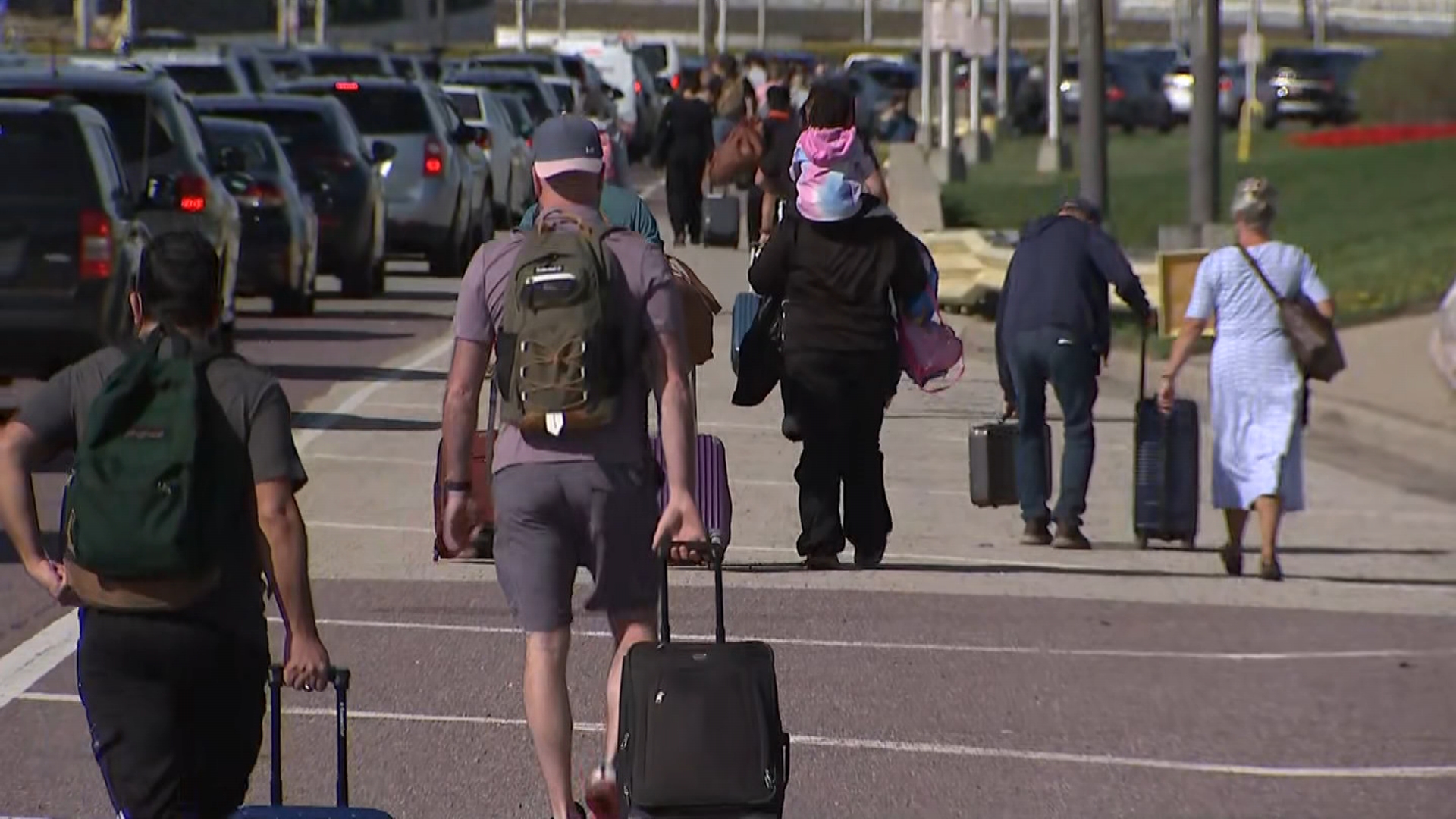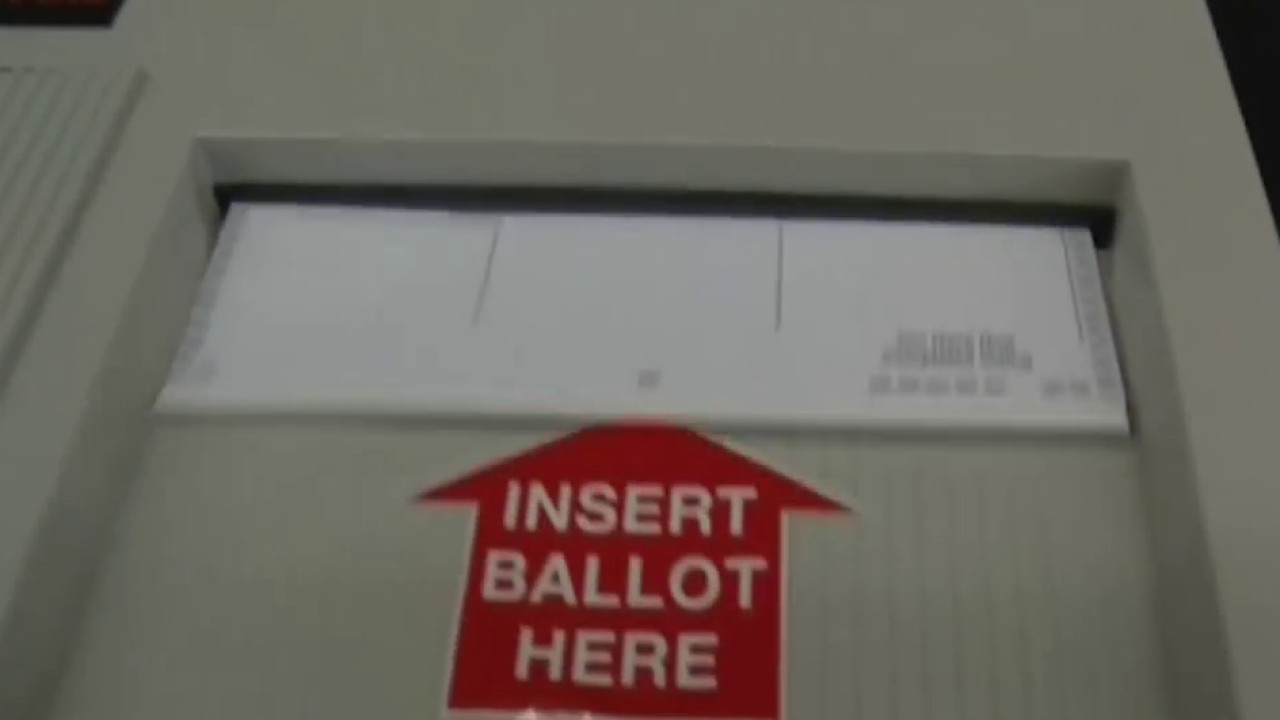Want to see an example of city and state government doing what it’s supposed to, quickly and efficiently?
Take a look at the petcoke issue in Chicago.
Consider this: On Oct. 18, the Chicago Tribune reported that energy giant BP was shipping all of its high-sulfur, high-carbon petroleum coke waste, or petcoke, to sites in the East Side and South Deering neighborhoods. The uncovered piles of petcoke gave off black clouds of dust so severe residents say they had to keep their children inside with the windows closed for safety.
Within days, the story exploded online and on social media.
A little more than two weeks later, on Nov. 4, Illinois Attorney General Lisa Madigan had sued KCBX Terminal, one of the storage operators.
A few weeks later, on Nov. 18, Mayor Rahm Emanuel ordered the city’s Department of Public Health to develop regulations to crack down on petcoke in Chicago.
On Nov. 20, Ald. Ed Burke (14th) and Ald. John Pope (10th) introduced ordinances to ban petcoke on the southeast side.
Local
And on Thursday, the Mayor’s office and the Illinois Attorney General announced a deal requiring a petcoke storage operator to remove the piles of waste that were already there and stop accepting any new deliveries.
That, ladies and gentlemen, is government in action.
Governments at every level are often faced with difficult, complex problems that are allowed to fester for years before they are resolved, if at all. And, quite frankly, when it comes to the power of municipalities and states to regulate and mandate corporate behavior, increasingly governments find themselves in the losing end of the battle.
Don't believe me? Just ask any municipality, including Chicago, that ever tried to stop a Wal-Mart from building in its limits.
But in this case, Chicago and the State of Illinois just plain got on the ball and fixed an issue that went from a problem only a (relatively) few folks in affected neighborhoods knew about to something that had a solution in only a few months.
That’s not to say that government officials were the only actors in this case. Neighborhood residents and activists had been working on the problem well before government got involved.
And, yes, there’s a case to be made that regulators at the state and federal levels didn't act fast enough, or at all, until public pressure grew.
As well, it didn't hurt that much of the public outcry was fueled in no small part by news that one of the sites, KCBX Terminal, was owned by Charles and David Koch, wealthy conservative industrialists who oppose both climate change science and environmental regulations. That fact made it easy for social media and news organizations to clamor about how truly dangerous and unfair the story was.
But credit should be given where credit is due. In little over two months of public awareness, the City of Chicago and State of Illinois wrestled at least one corporation doing significant environmental damage to the ground.
For their parts, Mayor Emanuel, Attorney General Madigan and the alderman who worked on the issue deserve our thanks.
Sometimes, it’s important to take a moment and savor when government gets things right.
Especially in Chicago and Illinois.



